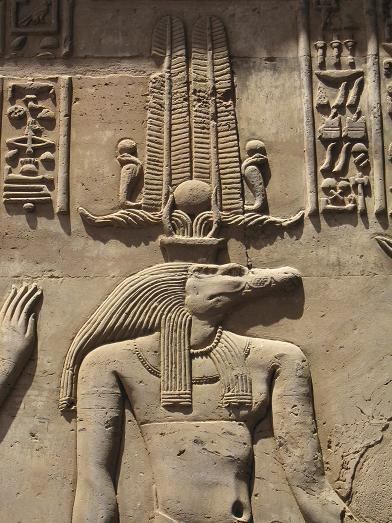Launch your professional website today Here
About Iswti
Iswti — Elite Keepers of Ancient Egyptian Truth
Iswti.com ("Iswti" means "elite" in ancient Egyptian) embodies our commitment to preserving and transmitting the elite legacy of ancient Egypt. We reject sensational myths, such as claims that aliens built the Pyramids of Giza or that Egyptians stole the lost civilization of Atlantis. Such conspiracy-driven narratives distort one of Africa’s most advanced indigenous civilizations and deny the African roots of ancient Egypt, weakening global understanding of its true historical identity.
We challenge claims that ancient Egyptians were non-African invaders from Asia or Europe who displaced local Nile Valley populations, because they had lighter skin than sub-Saharan Africans. These arguments hinge on outdated racial ideas and ignore natural genetic diversity tied to geography and environment. We also critique the widespread use of the term "Pharaoh"—a word with religious origins, not academic accuracy—argued to reinforce Eurocentric interpretations rather than historical fact.
Too often, the world listens to what others say about Egypt, ignoring what Egyptians have to say about their own heritage. From the ancient Egyptian language—whose roots are embedded in Coptic and still influence everyday Egyptian speech—to traditional customs and beliefs passed down through generations, Egyptians themselves carry the living flame of their ancestry. At Iswti, we open a platform for these voices, restoring authenticity to the narrative and honouring our role as the elite descendants of the ancient Egyptians.


Our Mission
Our mission at Iswti is to debunk false narratives that mislabel ancient Egyptians as non-Africans or invaders from Asia or Europe who allegedly displaced indigenous Nile Valley populations. These claims rest on outdated racial theories that ignore well-documented genetic diversity across Africa, shaped by geography and climate adaptation. We also challenge the casual use of the term “Pharaoh” to refer to all ancient Egyptian rulers. Scholarly research indicates the word derives from per-ʿaa—“great house”—and originally referred only to the palace, not the king himself.
At Iswti, our goal is to foster a rigorous, research-based understanding of ancient Egypt’s political, ethnic, and cultural identity—rooted in African and archaeological evidence. We support this mission by offering free and premium historical resources, including books and scholarly texts on Egypt and African history. By promoting evidence-backed content, we aim to reshape public understanding of Africa’s most renowned civilization—accurately, inclusively, and with respect.


Keep in touch


Reach out for inquiries about our history books or bilingual resources. We value your feedback.


